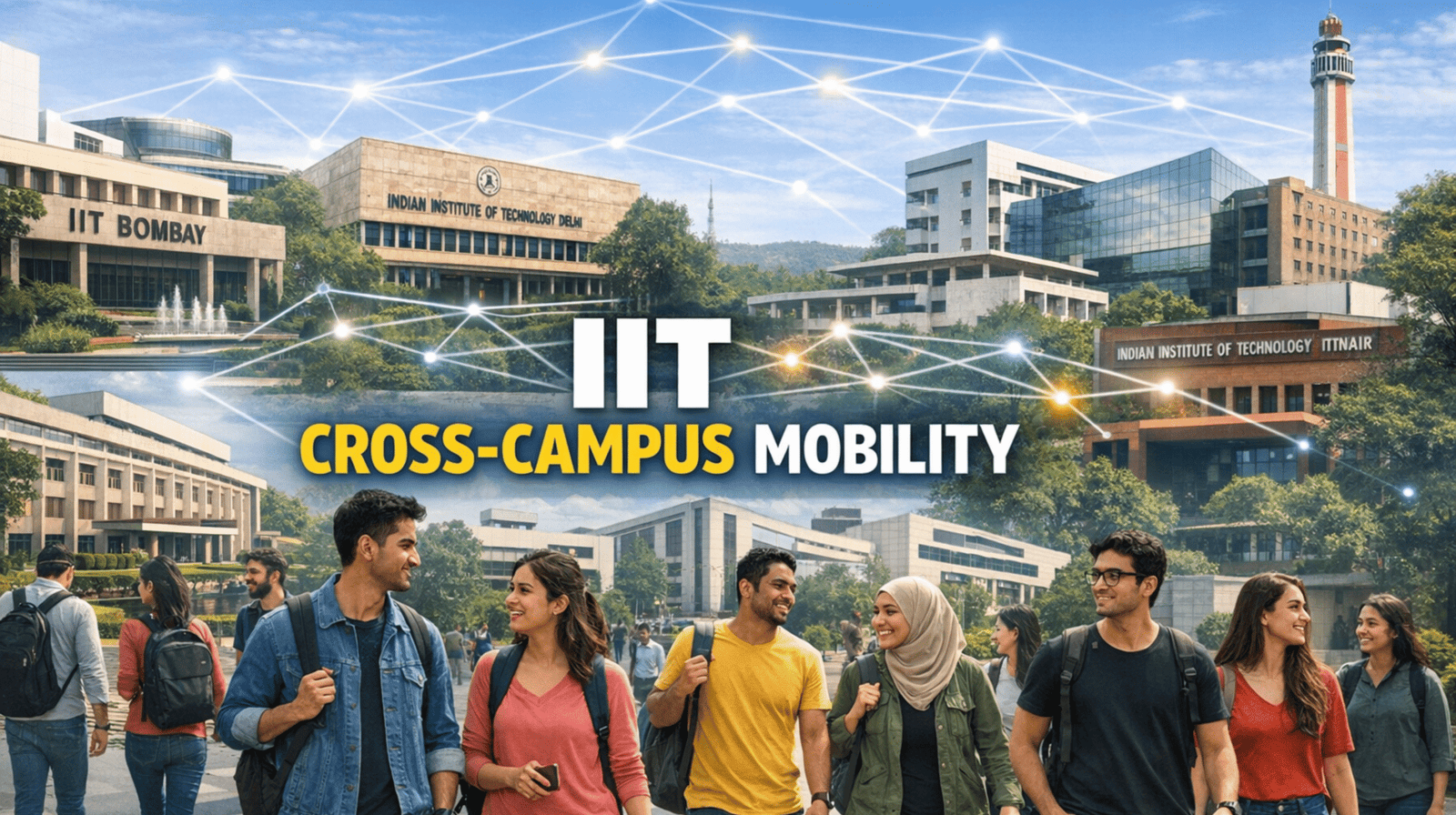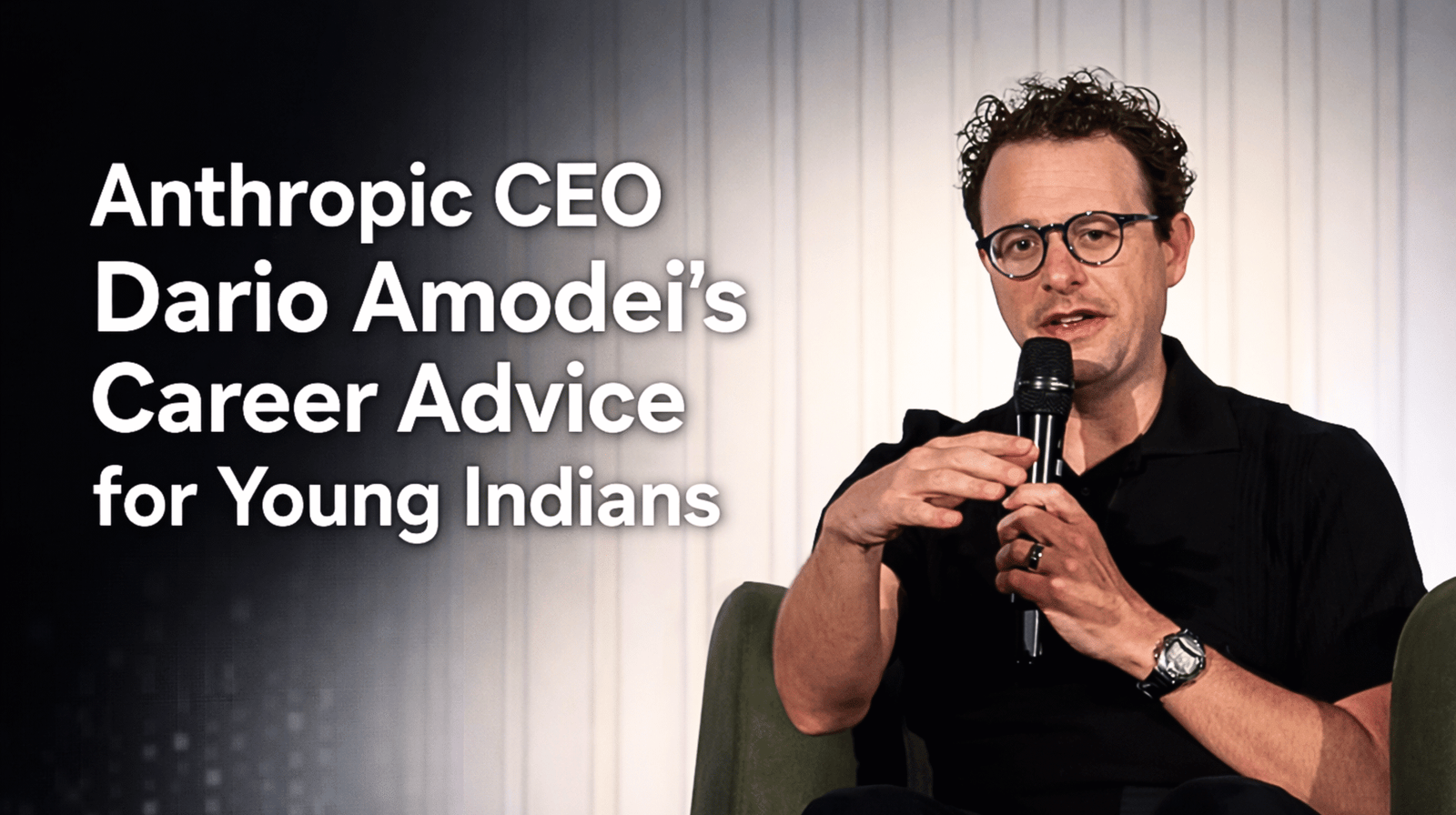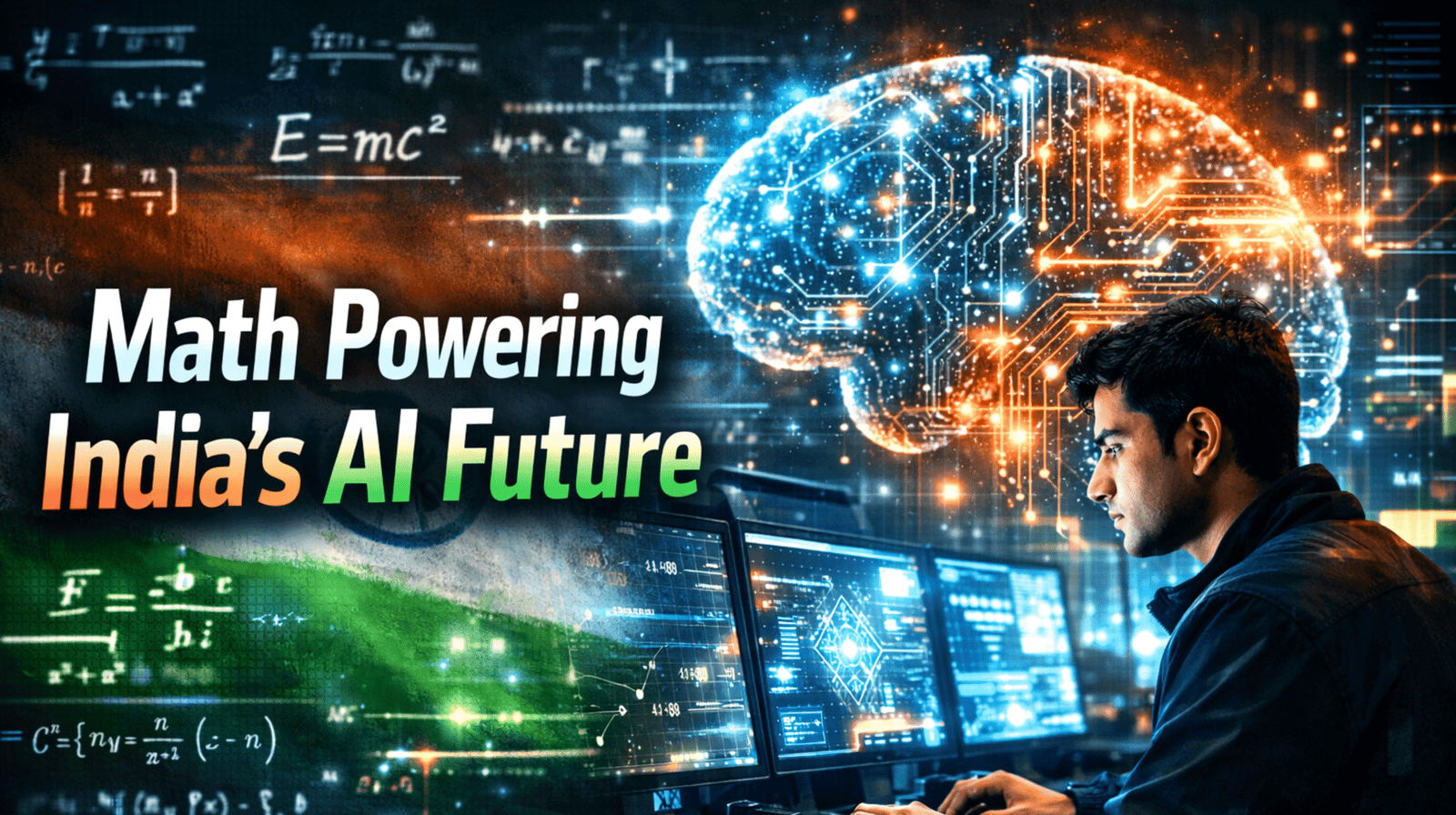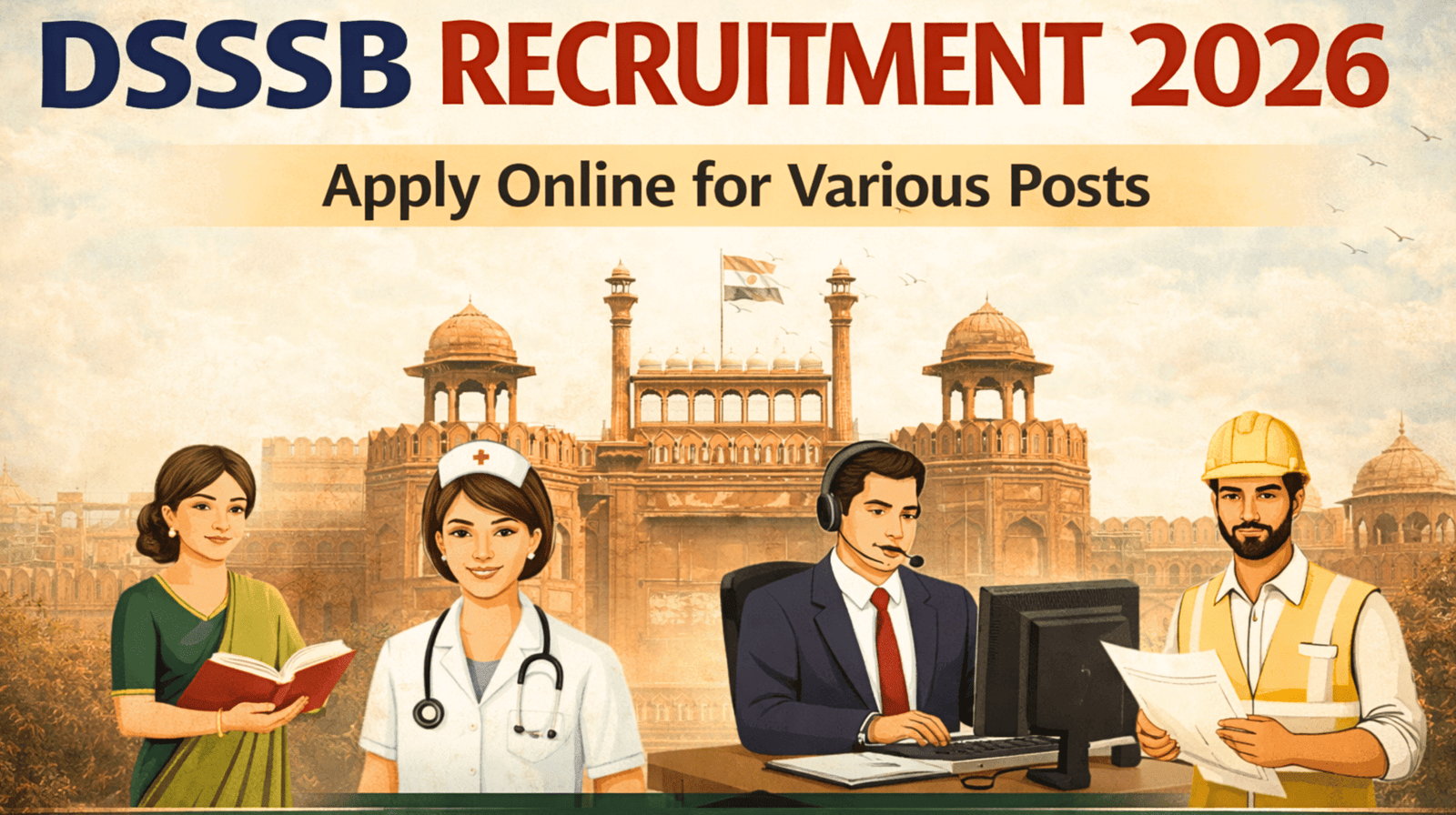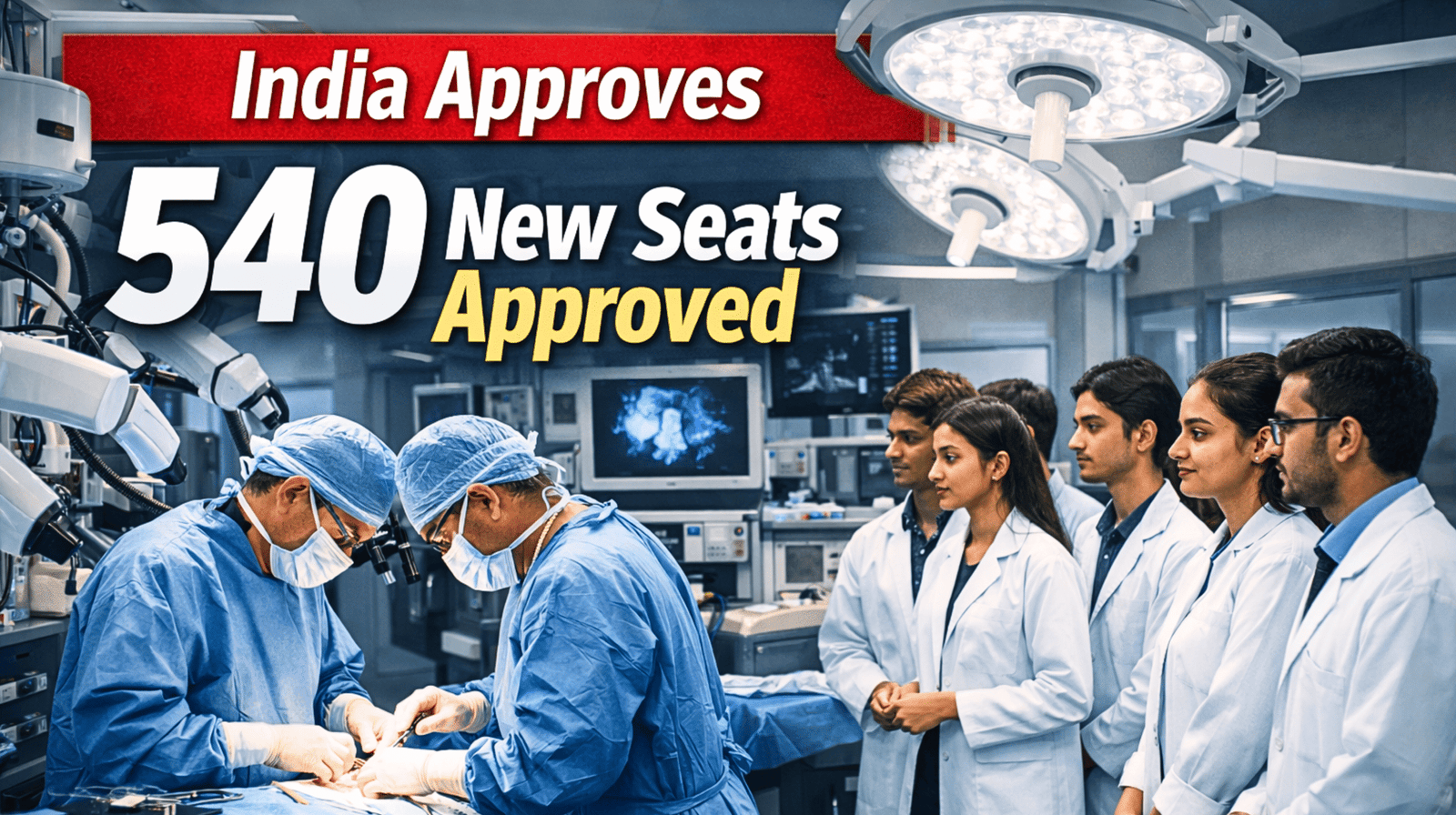🎯 Why Future Skills Matter
The world of work is changing rapidly due to automation, digitization, artificial intelligence, and the gig economy. To ensure that students are ready for careers that may not even exist today, Indian schools are undergoing a transformation. The focus is now on “future skills”—a set of competencies that enable learners to adapt, innovate, and thrive in tomorrow’s economy.
Backed by the National Education Policy (NEP) 2020, CBSE, and various state education boards, schools are revising their curriculum to focus on experiential learning and skill integration.
🔍 What Are Future Skills?
Future skills refer to cognitive, technical, digital, social, and emotional abilities that are essential for the jobs of tomorrow. These include:
🧠 Cognitive & Thinking Skills
- Critical thinking
- Problem-solving
- Creativity and innovation
- Decision-making
💻 Digital & Technological Skills
- Coding and programming
- AI & machine learning fundamentals
- Data literacy
- Cybersecurity awareness
- Robotics and automation basics
🗣️ Communication & Collaboration Skills
- Effective writing and speaking
- Teamwork
- Leadership
- Cross-cultural collaboration
🤖 Emerging Technology Skills
- 3D printing
- Augmented Reality (AR) & Virtual Reality (VR)
- Blockchain fundamentals
- IoT (Internet of Things)
How Schools Are Adapting
1. Integration into Curriculum
Under the NEP 2020 reforms, coding is now being taught from Class 6 onwards. Schools are also partnering with edtech companies and startups to provide hands-on training in AI, robotics, and financial literacy.
2. Skill Labs and Tinkering Zones
Government and private schools are setting up Atal Tinkering Labs (ATLs) under NITI Aayog, offering access to 3D printers, sensors, and microcontrollers. These labs encourage students to prototype their ideas and learn through experimentation.
3. Project-Based Learning
Students now engage in real-world projects such as:
- Building mobile apps
- Creating business plans
- Solving local community problems through tech
- Environmental innovation projects (e.g., waste management automation)
4. Career Awareness and Counselling
Future-ready schools are offering structured career guidance workshops to expose students to new-age professions like data scientists, drone pilots, ethical hackers, and green architects.
Key Institutions Leading the Future Skills Movement
- CBSE’s Skill Education Portal: Offers electives in AI, design thinking, and financial literacy
- Atal Innovation Mission (AIM) by NITI Aayog
- National Council for Vocational Education and Training (NCVET)
- State Skill Missions (e.g., Delhi, Karnataka, Maharashtra)
- Private initiatives like Microsoft’s AI for Students, IBM SkillsBuild, and TCS iON Career Edge
Real Impact: Preparing for the Future Workforce
According to the World Economic Forum, 65% of children entering primary school today will work in jobs that don’t yet exist. Indian schools are proactively responding by:
- Focusing on entrepreneurial mindset
- Encouraging lifelong learning
- Bridging the gap between theoretical knowledge and practical skills
These initiatives are not only improving employability but also helping students build resilience, curiosity, and adaptability—traits essential in a dynamic world.
🔗 Resources for Students, Parents & Educators
- CBSE Skill Education
- Atal Innovation Mission
- AI Curriculum by CBSE & Intel
- Skill India Digital
- UNESCO Future of Education Reports
⚠️ Disclaimer
This article is for informational purposes only. Curriculum changes may vary by board, state, and school. Readers are encouraged to check official websites or consult with educational authorities for the most up-to-date and accurate information. CareerVarta does not endorse any specific programs or platforms.


